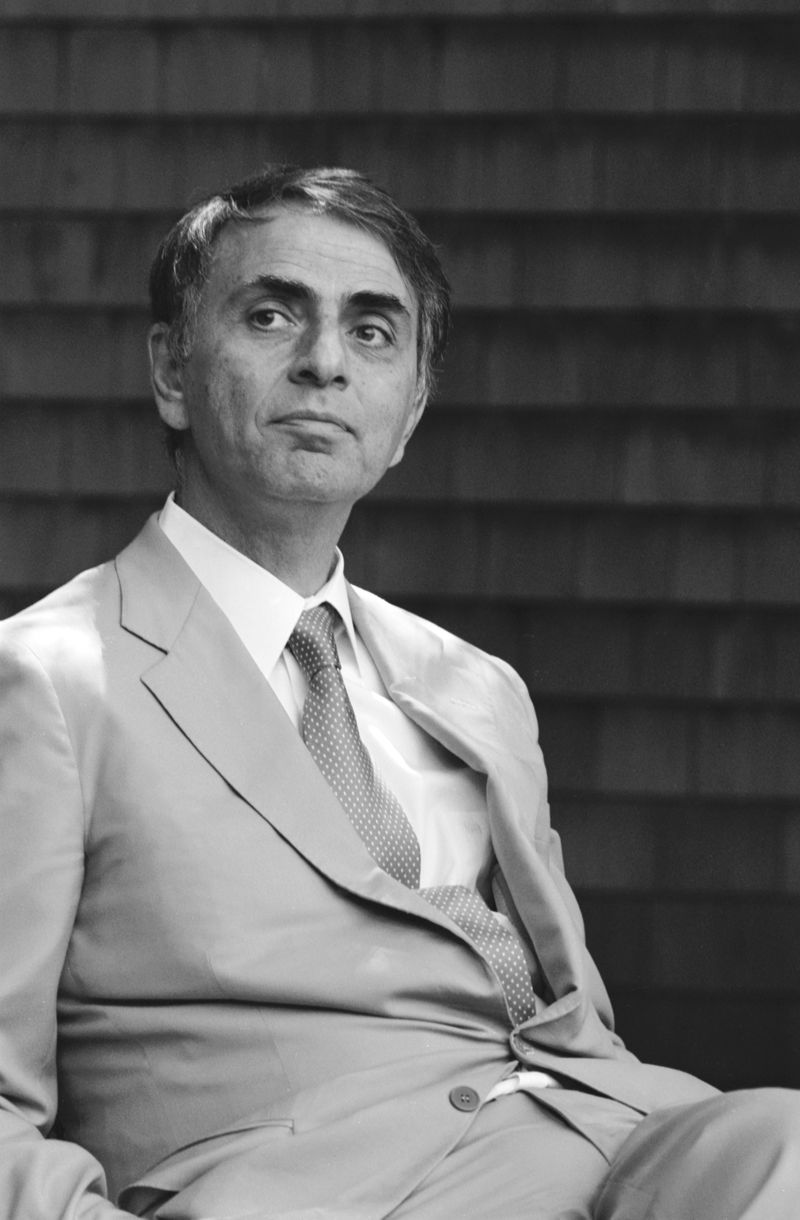
In a time in some respects similar to our own, St. Augustine of Hippo, after a lusty and intellectually inventive young manhood, withdrew from the world of sense and intellect and advised others to do likewise: “There is another form of temptation, even more fraught with danger. This is the disease of curiosity. … It is this which drives us on to try to discover the secrets of nature, those secrets which are beyond our understanding, which can avail us nothing and which men should not wish to learn. … In this immense forest, full of pitfalls and perils, I have drawn myself back, and pulled myself away from these thorns. In the midst of all these things which float unceasingly around me in everyday life, I am never surprised at any of them, and never captivated by my genuine desire to study them. … I no longer dream of the stars.” The time of Augustine’s death, 430 A.D., marks the beginning of the Dark Ages in Europe. In the last chapter of The Ascent of Man Bronowski confessed himself saddened “to find myself suddenly surrounded in the West by a sense of terrible loss of nerve, a retreat from knowledge.” He was talking, I think, partly about the very limited understanding and appreciation of science and technology-which have shaped our lives and civilizations-in public and political communities; but also about the increasing popularity of various forms of marginal, folk- or pseudo-science, mysticism and magic.
-Carl Sagan, The Dragons of Eden: Speculations on the Evolution of Human Intelligence, 1977 The Universe of Carl
I read the book many years ago and that is about all I remember.